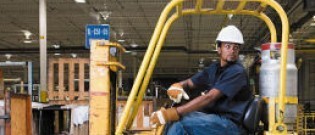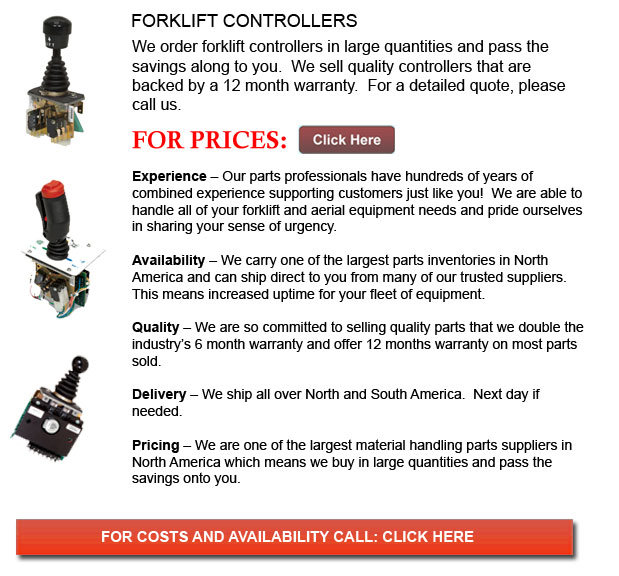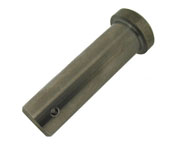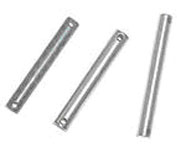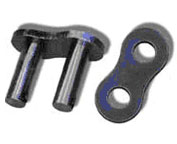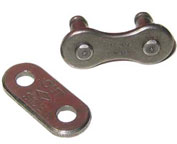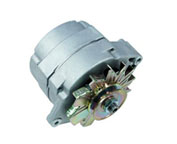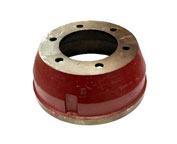 | |  |
|
 Forklifts are available in a wide range of load capacities and various models. The majority of lift trucks in a typical warehouse setting have load capacities between 1-5 tons. Larger scale units are utilized for heavier loads, like for instance loading shipping containers, may have up to 50 tons lift capacity.
The operator could make use of a control so as to lower and raise the tines, that are also called "tines or forks." The operator can also tilt the mast to be able to compensate for a heavy load's propensity to angle the blades downward to the ground. Tilt provides an ability to operate on rough ground also. There are annual competitions meant for experienced lift truck operators to compete in timed challenges as well as obstacle courses at regional forklift rodeo events.
All forklifts are rated for safety. There is a particular load maximum and a specific forward center of gravity. This vital info is provided by the maker and located on the nameplate. It is vital cargo do not exceed these specifications. It is illegal in numerous jurisdictions to tamper with or take out the nameplate without obtaining permission from the lift truck manufacturer.
Most lift trucks have rear-wheel steering in order to increase maneuverability inside tight cornering conditions and confined spaces. This particular type of steering differs from a drivers' initial experience with different motor vehicles. Since there is no caster action while steering, it is no needed to use steering force so as to maintain a constant rate of turn.
One more unique characteristic common with lift truck use is unsteadiness. A continuous change in center of gravity takes place between the load and the forklift and they have to be considered a unit during operation. A lift truck with a raised load has centrifugal and gravitational forces that could converge to bring about a disastrous tipping accident. To be able to avoid this possibility, a forklift must never negotiate a turn at speed with its load elevated.
Lift trucks are carefully made with a load limit utilized for the forks. This limit is lessened with undercutting of the load, that means the load does not butt against the fork "L," and also decreases with tine elevation. Generally, a loading plate to consult for loading reference is situated on the forklift. It is unsafe to make use of a lift truck as a worker lift without first fitting it with certain safety devices such as a "cage" or "cherry picker."
Forklift use in distribution centers and warehouses
Vital for whichever distribution center or warehouse, the forklift should have a safe setting in which to accommodate their efficient and safe movement. With Drive-In/Drive-Thru Racking, a lift truck should travel inside a storage bay that is multiple pallet positions deep to put down or get a pallet. Operators are usually guided into the bay through rails on the floor and the pallet is placed on cantilevered arms or rails. These tight manoeuvres require trained operators to complete the job safely and efficiently. As each pallet needs the truck to go in the storage structure, damage done here is more frequent than with various types of storage. When designing a drive-in system, considering the size of the blade truck, including overall width and mast width, should be well thought out so as to make certain all aspects of an effective and safe storage facility.
 Click to Download the pdf Click to Download the pdf
| |
 | |  |
 | |  |
|
-
-
-
-
-
-
Alternators
An alternator is a device that changes mechanical energy into electric energy. This is done in the form of an electrical current. In essence, an AC electrical generator could likewise be called an alternator. The word usually refers to a small, ...
More
-
Brakes
A brake wherein the friction is supplied by a set of brake shoes or brake pads that press against a rotating drum unit called a brake drum. There are a few particular differences among brake drum kinds. A "brake drum" is commonly the definition ...
More
-
Carriage Rollers
Particularly designed bearings known as carriage rollers are frequently seen on lift masts because they allow them to function better within tough environmental surroundings. The typical lift mast is regularly subject to frequent oscillations, ...
More
| |
 | |  |
















